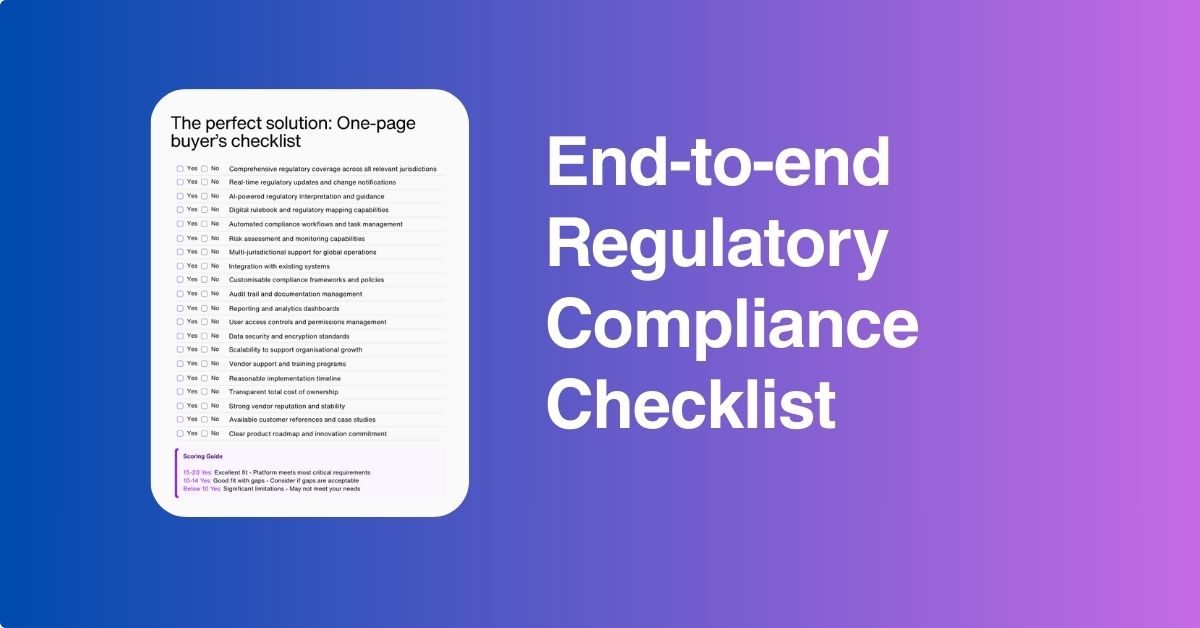Stablecoins operating in the UK will need to meet strict new standards on backing, governance and risk management under the Bank of England’s (BoE) proposed systemic stablecoin regulatory framework.
In a long-awaited consultation paper, the BoE outlines how systemic stablecoins will operate within the UK’s future financial ecosystem.
The central bank says the move marks a “significant step” toward a future where new forms of digital money could be used for everyday payments, but it is also making clear that innovation will not come at the expense of financial stability.
The consultation follows extensive industry engagement, including the Bank’s 2023 discussion paper and subsequent feedback from market participants, technology providers and financial institutions.
Holding limits remain, setting the UK apart
Despite extensive lobbying, the BoE held firm on one of its most controversial proposals: temporary caps on how much stablecoin individuals and businesses can hold.
Under the plans:
- Individuals would be restricted to £20,000 per coin, and
- Businesses to £10 million, with exemptions possible for the largest corporates.
These limits, the Bank argues, are designed to prevent a sudden shift of deposits out of traditional banks during the transition period.
“These limits would be removed once the transition no longer poses risks to the provision of finance to the real economy,” the BoE said.
This approach diverges notably from the EU and the US, both of which have taken a more expansive stance toward stablecoin adoption, aided by the United States securing federal rules earlier this year.
What the regulatory framework proposes
At the core of the consultation is a detailed framework for sterling-denominated systemic stablecoins, a label applied when a stablecoin is widely used for payments and could pose risks to financial stability.
Recognition as “systemic” is made by HM Treasury following consultation with the Bank of England.
Key proposals include:
Revised backing requirements
The BoE has stepped away from earlier plans to require issuers to hold backing assets purely as no-interest deposits at the central bank.
Instead:
- Up to 60% of backing assets can be held in short-term UK government debt
- The remaining 40% must be held in unremunerated central bank accounts, providing strong protection for redemptions
The Bank believes this split ensures public confidence, especially during periods of market stress.
“Our objective remains to support innovation and build trust in this emerging form of money,” said Sarah Breeden, Deputy Governor for Financial Stability.
“We’ve listened carefully to feedback and amended our proposals, including how stablecoin issuers interact with the Bank of England.”
Industry response: welcomed tweaks, lingering concerns
While the industry has praised the Bank for engaging constructively and adopting transitional measures, concerns remain particularly around the costs imposed on issuers.
Several firms argue that requiring issuers to hold a significant proportion of assets in zero-interest central bank accounts could dampen investment in technology, security, and compliance.
“These measures risk constraining a stablecoin issuer’s ability to invest in the infrastructure, security builds and regulatory compliance necessary to support and sustain stablecoin schemes,” said one industry representative, adding that this could limit the potential of stablecoins as a low-cost, accessible payment method.
Others questioned why the Bank did not allow up to 80% of assets to be invested in high-quality liquid assets such as government bonds, a move they argue could support stability without stifling growth.
There are also calls for greater clarity around when holding caps will be lifted, with firms warning that uncertainty could hinder early adoption.
Supervision split: where each regulator fits
The consultation paper provides one of the clearest pictures to date of how responsibility for stablecoin oversight will be divided between the UK’s regulators.
In summary:
- All sterling-denominated systemic stablecoins, for retail or wholesale use, will be jointly regulated by the BoE and FCA.
- Cross-border systemic stablecoins will also fall under the oversight of the home authority.
- Stablecoins used in core wholesale financial markets, should Digital Securities Sandbox use prove successful, will again be jointly supervised by the BoE and FCA.
- Stablecoins for non-core wholesale settlement provided by firms outside BoE-regulated FMIs will be supervised by the FCA only.
- Non-systemic stablecoins used for payments will be regulated solely by the FCA.
Crucially, the regime will not only apply to stablecoin issuers. Entities providing critical services to systemic payment systems may also fall under the Bank of England’s remit.
The Bank also confirmed the regime will not cover stablecoins used predominantly as crypto trading assets; these remain under the FCA’s oversight.
How FinregE can help
The BoE’s consultation underscores a broader global shift; regulators are no longer debating whether to regulate stablecoins, but how to do so without stifling innovation.
The UK’s approach, which is more conservative than some international peers, reflects its priority to safeguard financial stability during a major transition in the payments landscape.
For firms, regulatory expectations are rising, and stablecoin operations will face scrutiny comparable to traditional financial services.
If your organisation is exploring or already using stablecoin infrastructure, now is the time to ensure regulatory readiness.
Technology, when used effectively, can help organisations stay ahead of these fast-moving developments.
FinregE’s Automated Regulatory Compliance continually monitors, analyses and maps regulatory changes, including those related to digital money and emerging financial technologies, ensuring your compliance teams never miss a step.
Get in touch below to see how FinregE can support your response to the BoE’s evolving stablecoin framework.




